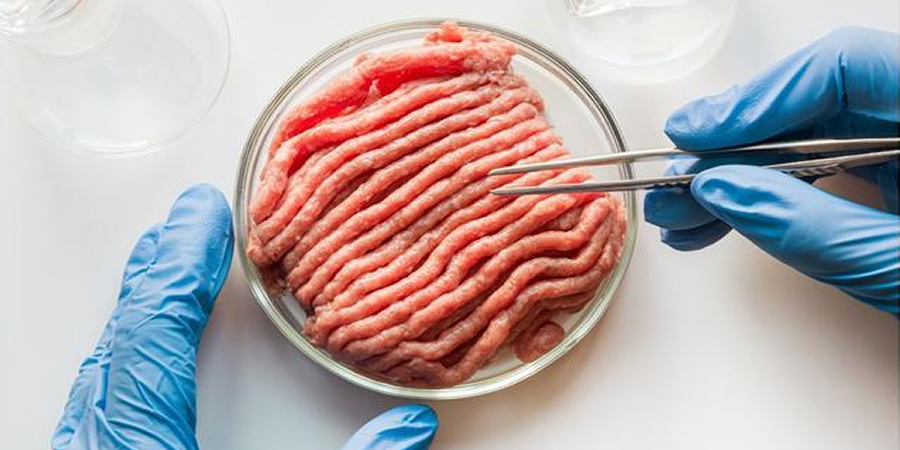May 17, 2023
Cultivated meat's commercialisation more impactful on environment than traditionally produced beef, study claims

A new life-cycle analysis (LCA) by researchers at the University of California, Davis (US) concluded that the current path of the cultivated meat industry's commercialisation process is possibly worse for the environment than beef produced through animal agriculture, potentially producing anywhere from four to 25 times more CO2 than traditionally produced beef.
The analysis, which has not been peer-reviewed, stands in stark contrast to previous LCA studies that have concluded the environmental impact of cell-cultivated meat – which the study calls "animal cell-based meat" or ACBM – is significantly less than that of traditionally produced beef.
However, according to the new research, the problem with previous LCAs is that they do not accurately represent the environmental impact of the current technologies being used in the assumption sets for forecasts within the techno-economic models.
In particular, the study stated the significant environmental impact associated with the purification required of growth medium has not been fully accounted for in previous studies.
According to the UC Davis researchers, those studies had "high levels of uncertainty in their results and a lack of accounting" for what they believe is the necessary endotoxin removal required for growth media. Accounting for the required purification is essential, said the study's authors, who believe that the fossil fuel needed for purified growth medium components using the current anticipated commercialisation process is anywhere between three and 17 times that of the reported "high" scenario for that of traditional boneless beef production.
While the researchers state their study is more accurate than previous LCAs that didn't accurately model the cost of the production of the purified growth medium, they argued that is because the cost built into these techno-economic models is based on current systems being developed for the near-term commercialisation of ACBM. They added that the industry would be better off as a whole if some of the key issues were solved before the industry focused on commercial scaling, such as developing a more "environmentally friendly method for endotoxin removal" or "the development of a technological innovation that allows for the use of an inexpensive animal cell growth media produced from agricultural by-products."
"Perhaps a focus on advancing these pre-competitive scientific advances might lead to a better outcome for all," they wrote.
- The Spoon










